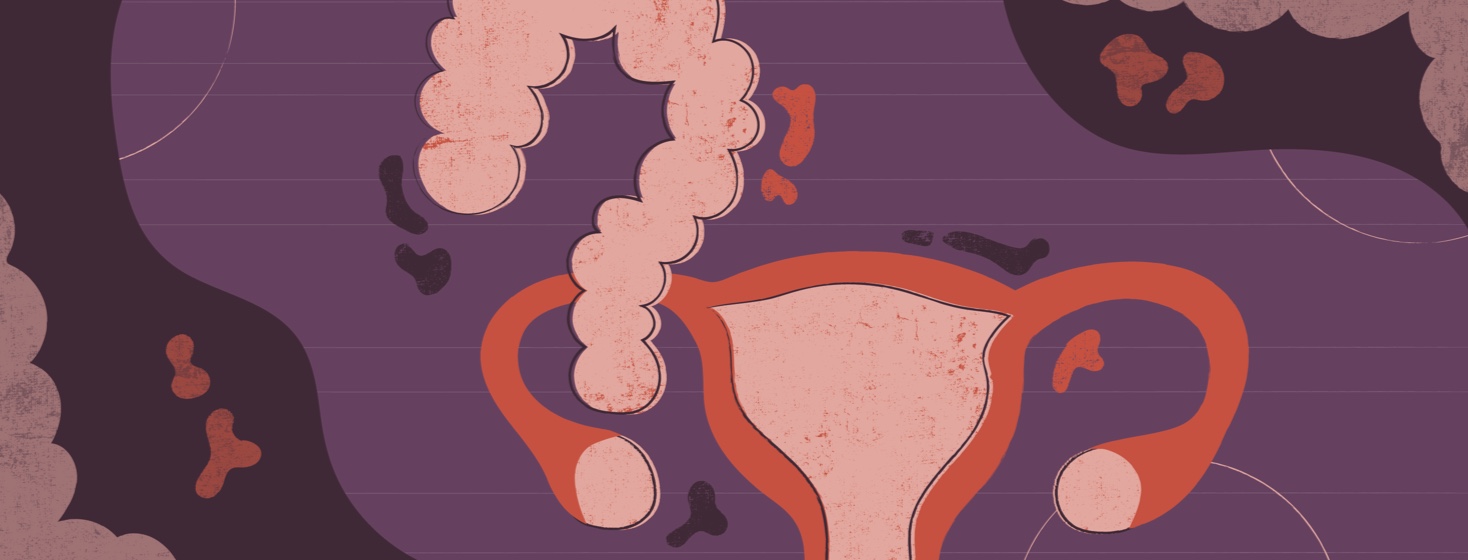The Link Between IBS, SIBO and Endometriosis
Gastrointestinal symptoms are as common in women with endometriosis. Many of the symptoms present exactly the same as irritable bowel syndrome (IBS), which probably explains why many women with endometriosis are initially misdiagnosed with IBS rather than endometriosis. The most common symptom women report is bloating. Other symptoms such as diarrhea, constipation, nausea and painful bowel movements are also reported.
What is also interesting is that gut symptoms occur regardless of the location of endometriosis lesions. What this means is that you can have gastrointestinal symptoms with endometriosis lesions being located on or near the bowel. However, it’s important to note that in some women endometriosis can infiltrate the bowel, alter the anatomical positioning of the intestines and nearby organs. This can cause constipation, diarrhea, bloating, nausea, painful urination and painful bowel movements.
Read more
Many women seek out help from a gastroenterologist and are then diagnosed with IBS before then receiving help from a gynecologist.
What is SIBO?
SIBO or small intestine bacterial overgrowth, is believed to be the cause of two thirds of IBS cases. Most of the bacteria in the gastrointestinal tract lives in the large intestine. SIBO occurs when there is too much bacteria in the small intestine.
Bacteria ferment food which causes a range of IBS symptoms such as bloating, abdominal pain, constipation and or diarrhea. SIBO is linked to a range of health conditions including endometriosis, obesity, hypothyroidism, coeliac disease and diabetes mellitus.1
SIBO can result in food not being digested properly causing nutritional deficiencies in fat soluble vitamins such as vitamin A, D, and E. But also deficiencies in protein, carbohydrates and fats can occur.1
The exact cause of SIBO is unknown but there can be some contributing factors:
- Adhesions from endometriosis or due to surgery can alter the structure and function of the digestive tract.
- Endometriosis is linked to dysbiosis, which is an imbalanced microbiome and intestinal permeability (sometimes known as leaky gut).
- Chronic stress can contribute by impairing motility (which is our ability to move food along the digestive tract). And can increase gut inflammation amongst other things. Impaired motility of the small intestine is believed to be the most important factor in preventing SIBO.1
- Obesity, the use of proton pump inhibitors, or impaired immune health are also risk factors.1,2
How is SIBO diagnosed and treated?
SIBO is usually diagnosed via a lactulose breath test which can usually be done at home. If you test positive for SIBO, it is treated with antibiotics or herbal antimicrobials. A special diet is also used that restricts carbohydrates, which are the favorite food of bacteria.
Some of the diets commonly used for IBS and SIBO are:
- The low FODMAP diet, because this allows many types of grains, starches and sugar it may need to be adapted for SIBO.
- The Specific Carbohydrate diet
- Gut and Psychology Syndrome diet
- The SIBO specific food guide and the Bi-phasic diet are the most restrictive diets for SIBO treatment

Join the conversation